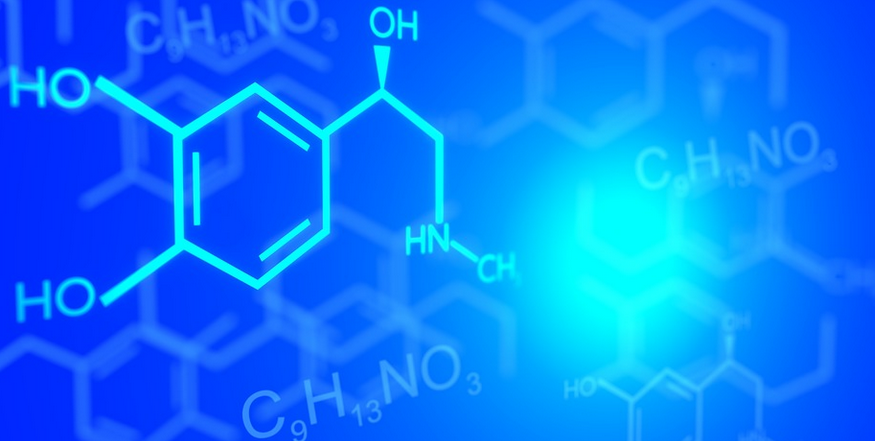Introduction
Potassium is an essential element that plays a critical role in various biological processes. It is a silvery-white metal that belongs to the alkali metal group and is highly reactive. In this article, we’ll take a closer look at the chemical properties of potassium, its reactivity, and its uses.
Physical Properties of Potassium
Potassium has a melting point of 63.38°C and a boiling point of 759°C. It is a soft metal that can be easily cut with a knife. It has a low density of 0.86 g/cm³ and a silvery-white appearance.
Chemical Properties of Potassium
Potassium is highly reactive and easily oxidized in air. It reacts violently with water, producing hydrogen gas and heat. It can react with many other substances, such as halogens, acids, and organic compounds.
Reacting with Halogens
When potassium is heated, it reacts with halogens such as chlorine, bromine, and iodine, producing halides. For example, when potassium reacts with chlorine, it produces potassium chloride: 2K + Cl₂ → 2KCl
Reacting with Acids
When potassium reacts with acids, it produces hydrogen gas, and a salt is formed. For Example, when potassium reacts with hydrochloric acid, it produces potassium chloride and hydrogen gas: 2K + 2HCl → 2KCl + H₂
Reacting with Organic Compounds
Potassium can also react with organic compounds, such as alcohols, producing potassium alkoxides. For example, when potassium reacts with ethanol, it produces potassium ethoxide and hydrogen gas: 2K + 2C₂H₅OH → 2KC₂H₅O + H₂
Uses of Potassium
Potassium has many important uses, including in the production of fertilizers, gunpowder, and soap. It is also used in the production of glass, as a heat transfer medium, and in the manufacture of batteries.
In Fertilizers
Potassium is an essential nutrient for plants, and it is commonly used in the production of fertilizers. Potassium helps plants to grow stronger and produce higher yields.
In Gunpowder
Potassium nitrate is an important ingredient in gunpowder. When mixed with sulfur and charcoal, it creates a highly explosive mixture.
In Soap
Potassium hydroxide is used in the production of soap. When combined with fats or oils, it produces a soap that is water-soluble and highly effective at cleaning.
Conclusion
Potassium is a highly reactive element that plays a critical role in many biological processes. Its chemical properties make it useful in a wide range of applications, including fertilizers, gunpowder, and soap production. Understanding the properties of potassium is essential for anyone working in the fields of chemistry, biology, or materials science.

